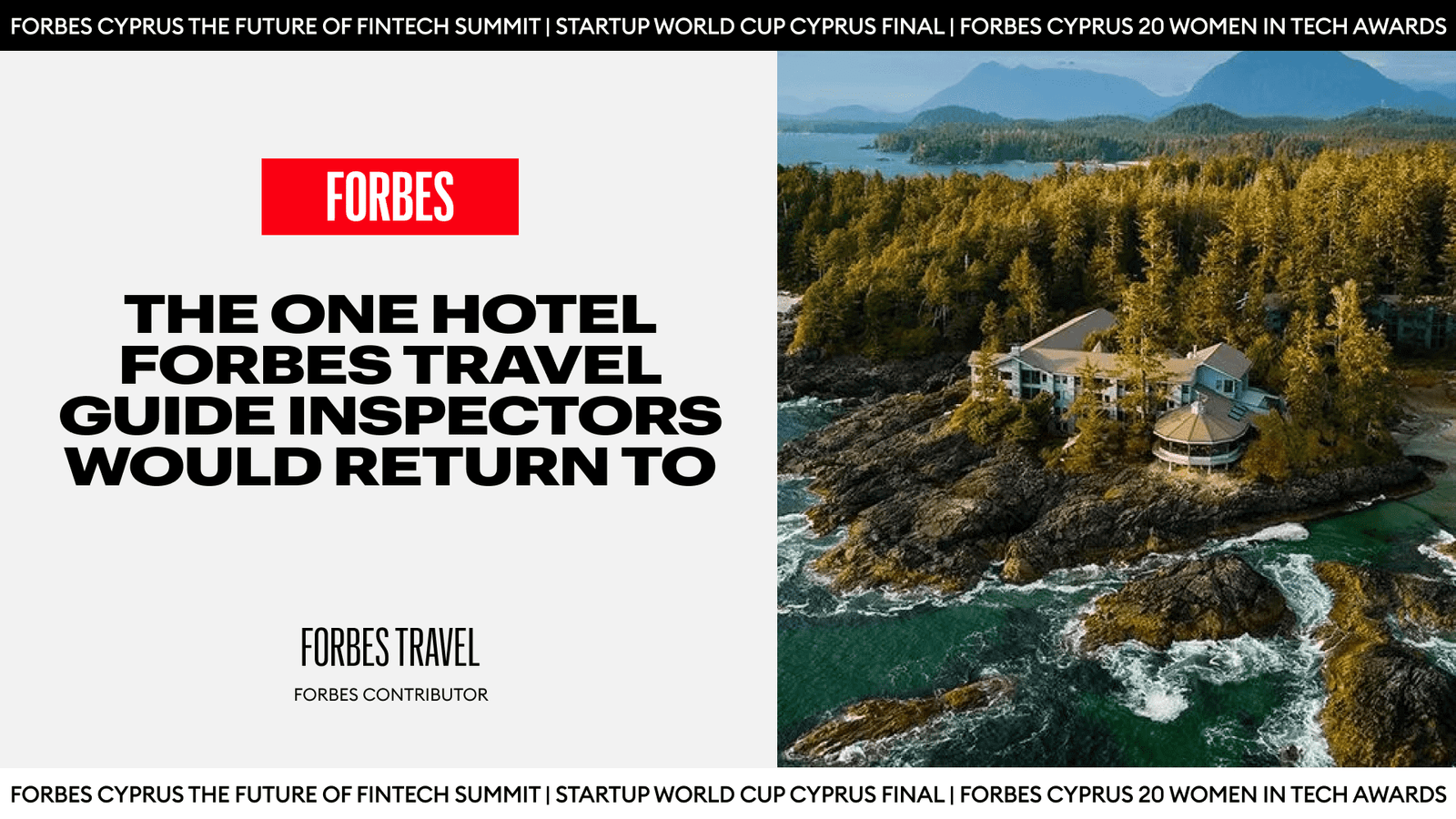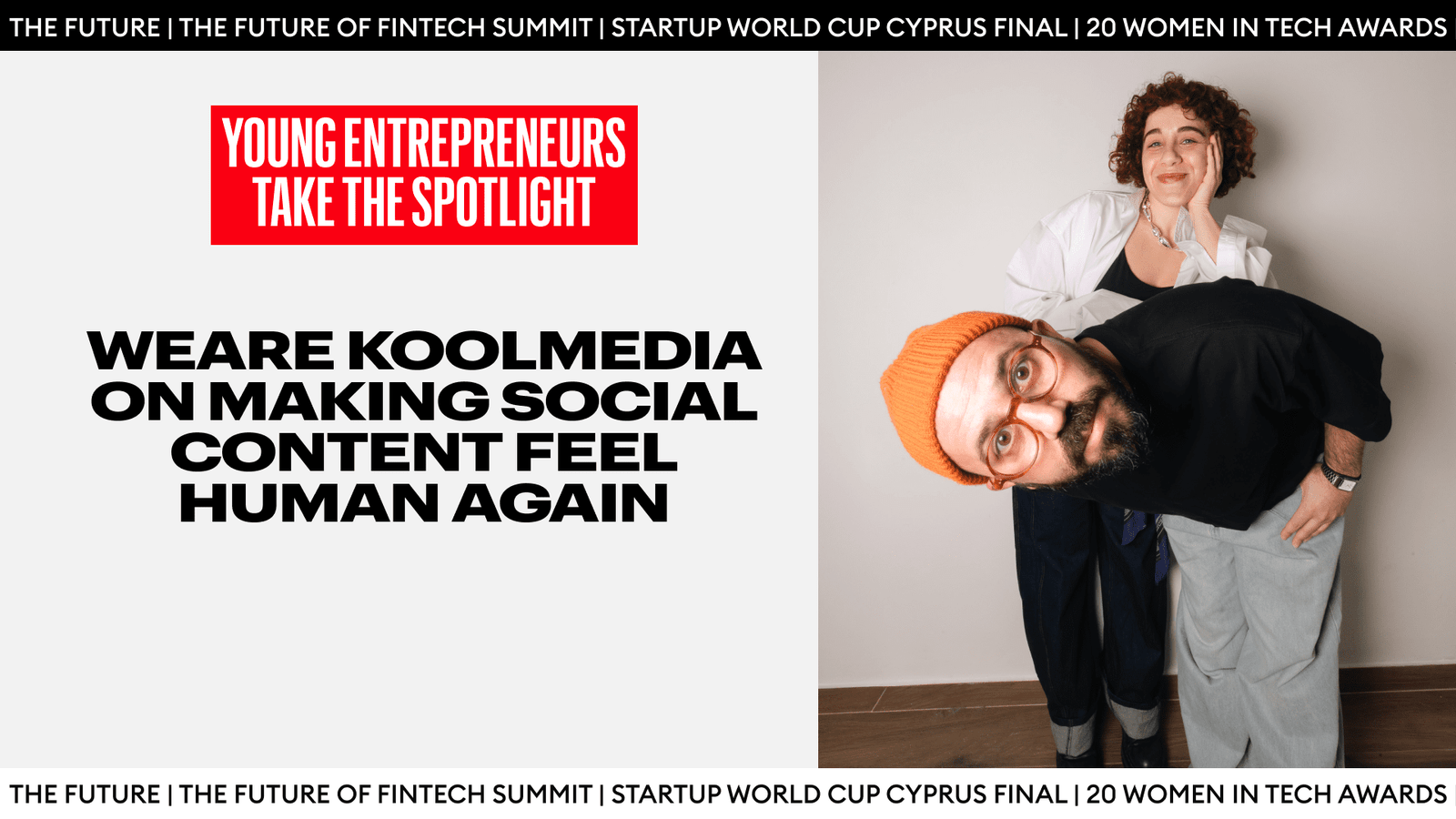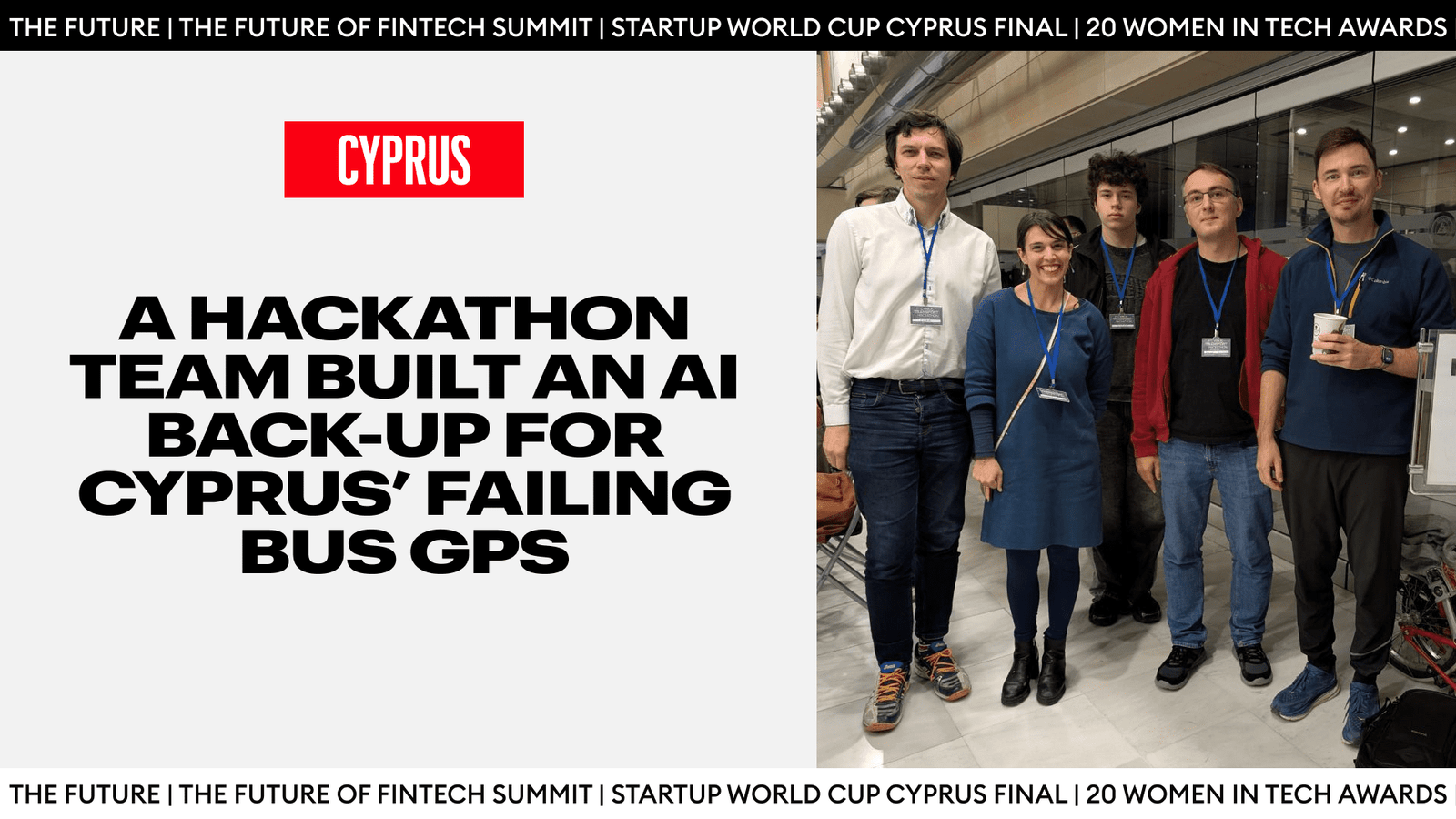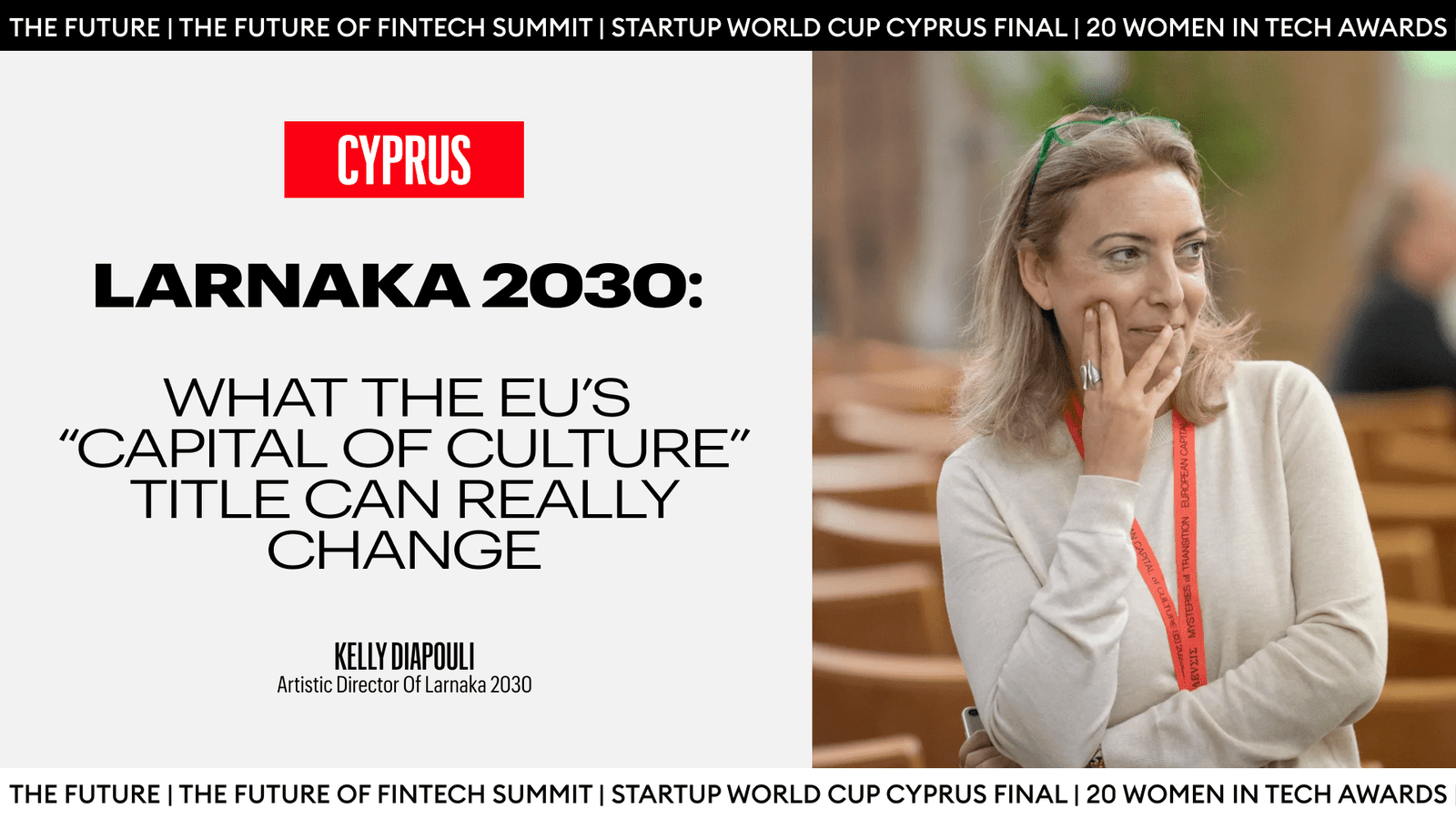Navigating the Investment Landscape: Emerging Trends and Opportunities in Global Fintech
The investment world is vast and dynamic, with diverse opportunities emerging across various sectors. In a recent panel discussion, industry experts shared their insights on how, when, and where to invest. The panel included notable figures such as Sarah Kocianski (Forbes Fintech Contributor), Caritta Seppa (Investor at Spintop Ventures), Emil Jerndal (VP at Invenio Growth), Catalina Valentino (Co-Founder of ELIXR), and Sarah Finegan (Investor at Antler).
Deciphering AI Investments
The discussion then delved into the intricacies of investing in AI companies. Panelists addressed the challenge of discerning genuine AI innovation amid the proliferation of startups claiming to incorporate AI in their operations. Caritta stressed the need for startups to move beyond merely stating their use of AI and instead highlight proprietary algorithms or innovative approaches in their pitch decks.
Follow THE FUTURE on LinkedIn, Facebook, Instagram, X and Telegram
Sarah Finegan emphasized Antler’s founder-centric approach, prioritizing the team, market, and product in their investment decisions. The team’s expertise and unique positioning to solve specific problems are crucial in Antler’s investment strategy.
AI in Due Diligence: Boon or Challenge?
The panel explored the role of AI in streamlining due diligence processes. Emil discussed the potential for AI tools to enhance efficiency in deal generation, market analysis, and even tech and legal due diligence aspects. However, the panel unanimously agreed that while AI could aid market research, the human touch remains irreplaceable, especially when evaluating intangible factors like team dynamics.
Catalina expressed skepticism about AI’s ability to aid investment decision-making, especially in evaluating the intangibles in assessing a team’s potential.
The Investment Landscape: Time and Trends
The conversation then shifted to the temporal aspect of investments, questioning whether the current climate has led to a slowdown in investment activities. Surprisingly, Sarah Finegan revealed that Antler was among the few investment firms actively increasing its number of investments. She attributed this to a surge in highly experienced startup operators and a diverse pool of founders, especially in London.
Caritta highlighted a trend in early-stage investments, noting a significant percentage of deals falling into the pre-seed category. This influx of early-stage startups, particularly in deep tech, presented opportunities and challenges for investors.
Geographic Shifts in Investment Focus
The discussion expanded to geographical shifts in investment focus. Due to its stability, innovation, and government support, Caritta observed a growing interest among venture capital funds in the Nordic region. She also shed light on the thriving fintech sector in Africa despite the overall dip in fintech investments globally.
Catalina added insights into the emerging market trends, emphasizing the positive news and growing investment activities in regions like Africa. Despite the challenges, there is a noticeable increase in funds targeting diverse portfolios beyond traditional markets.
Looking Ahead – Opportunities and Challenges
As the panel concluded, the experts discussed the potential hesitancy among investors due to recent frauds and collapse in the tech space. They highlighted the importance of maintaining trust and balancing risks while exploring new and emerging markets.
In the ever-evolving landscape of investments, the panelists’ diverse perspectives provided valuable insights for investors and startups navigating the complex world of fintech and technology investments. The blend of caution, optimism, and strategic approaches showcased the resilience and adaptability required in the fast-paced world of finance and innovation.
Africa’s Rising Fintech Ecosystem:
Catalina Valentino emphasized the immense potential within Africa’s fintech sector, citing the continent as a global movement. With COP 28 discussions focusing on channeling funds from the global North to the South, Africa has become a focal point, with a substantial £30 billion climate tech fund announced. The panelists noted a shift in perceptions, where corporate investors, once wary, are now actively investing in African startups. This shift is attributed to the increasing emphasis on Environmental, Social, and Governance (ESG) factors, particularly addressing social inequalities (SDG number 10).
The UAE: An Emerging Market:
Dubai, in the United Arab Emirates (UAE), was highlighted as an emerging market by both Sarah Kocianski and Catalina Valentino. The panelists agreed that Dubai is experiencing significant growth, attracting global attention. The alignment of the UAE’s legal and financial systems with the British model has facilitated fintech growth, with regulators often looking to the UK for guidance. The consensus was that the UAE is poised to attract more investments in the future.
Global Tech Talent Distribution:
Emil Jerndal brought attention to the distribution of tech talent globally. While major hubs like London and Berlin traditionally attracted top talent, there’s a potential shift as demand decreases in these hubs. The hypothesis suggests that as tech talent seeks opportunities in their home markets, emerging tech activity may rise in those regions, providing investors with new opportunities.
London’s Enduring Appeal:
Despite challenges, London remains a vibrant fintech hub. Sarah Kocianski acknowledged London’s historical concentration of talent and capital, making it an exciting hub for founders and investors. The city’s resilience in the face of external pressures has solidified its position as a preferred destination for startups.
The Next Frontiers in Fintech:
In the rapid-fire segment, the panelists discussed the next interesting areas within fintech. Sarah Finegan expressed interest in addressing inefficiencies in the insurance and investment management sectors, emphasizing the potential for innovation in seemingly mundane aspects of financial services. Even in less glamorous sectors, the importance of solving real-world problems was underscored.
Catalina Valentino highlighted the rise of neobanks and the simplification of consumer banking processes. However, she cautioned against the potentially problematic “buy now, pay later” trend, emphasizing the skepticism and criticism surrounding this market.
Emil Jerndal focused on B2B and B2B to C models, suggesting that as demand for consumer-focused fintech decreases, there may be opportunities to enable traditional banks with value-added services.
Caritta Seppa stressed the significance of financial inclusion, especially in emerging markets. She urged startups to explore solutions that address the digital gap and provide access to financial services globally.
The fintech landscape is diverse and dynamic, with opportunities emerging across various regions. From the soaring fintech scene in Africa to the rapid growth in Dubai and the enduring appeal of London, the panel discussion provided valuable insights into the industry’s current trends. As the sector evolves, addressing financial inclusion, sustainability, and solving real-world problems remain key focus areas for innovators and investors alike.













